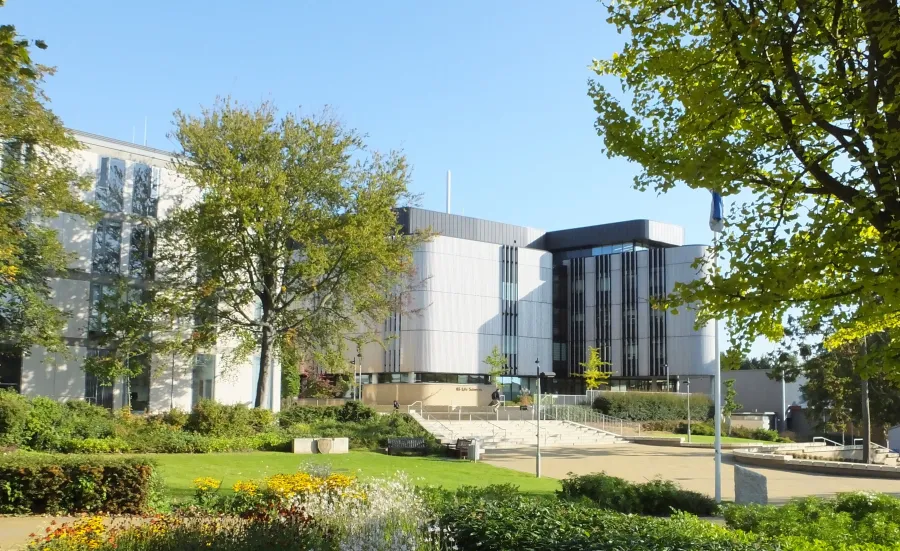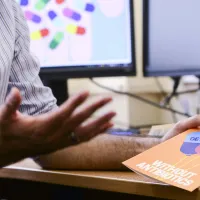Research group
Medical Education Research

Our research aims to support teaching and learning activities and inform the student experience.
Part of
Medicine


